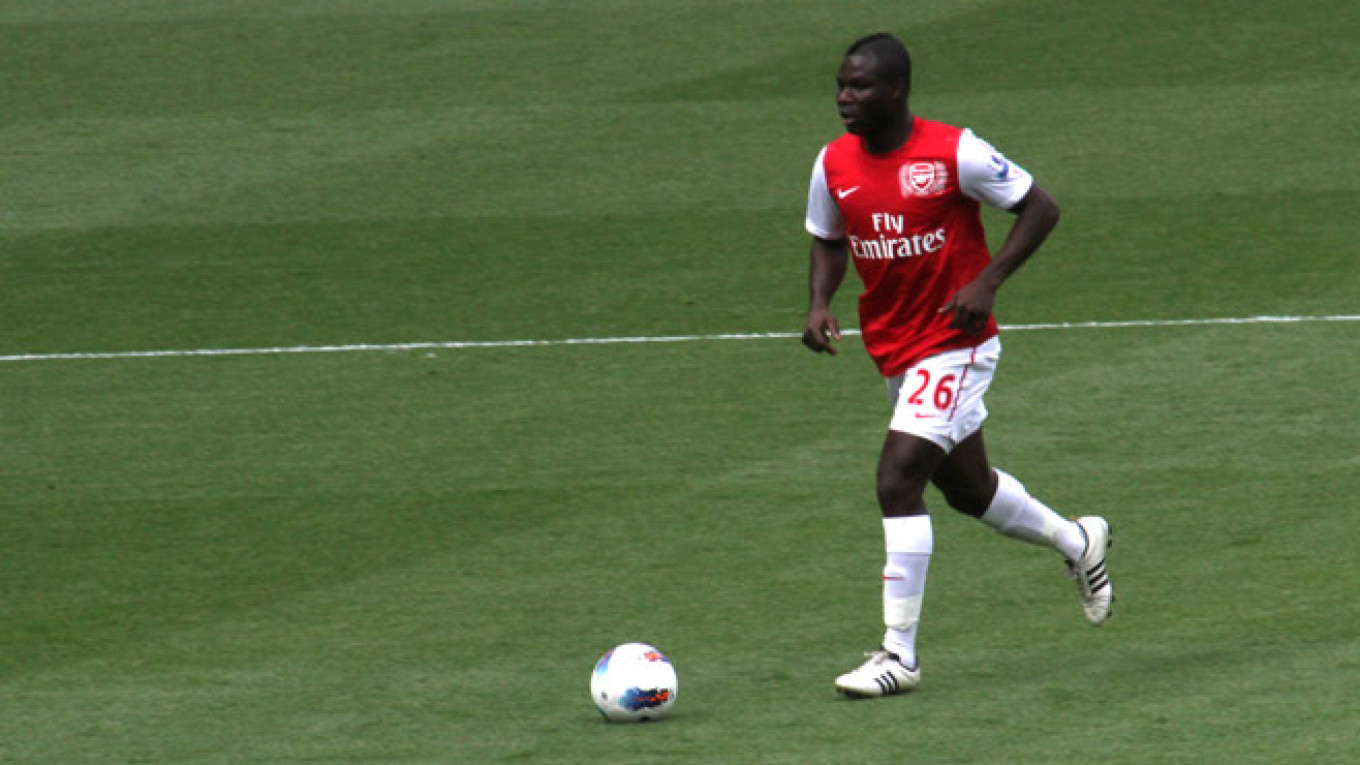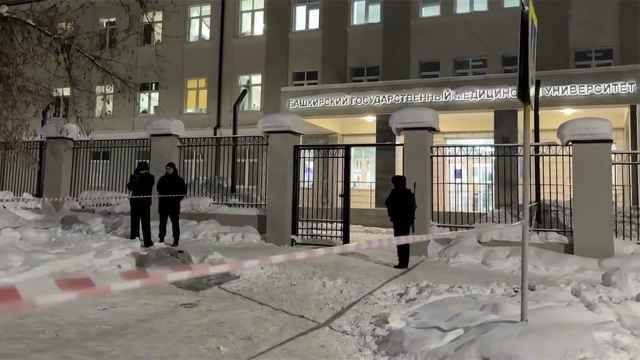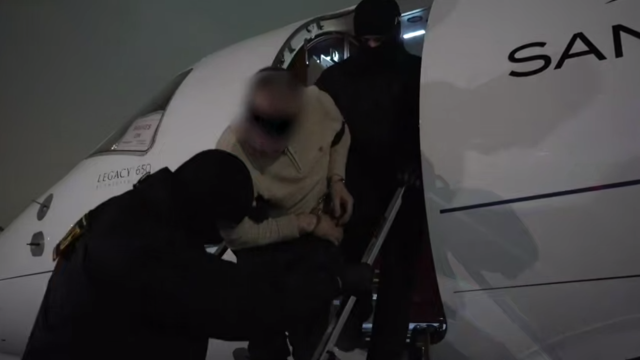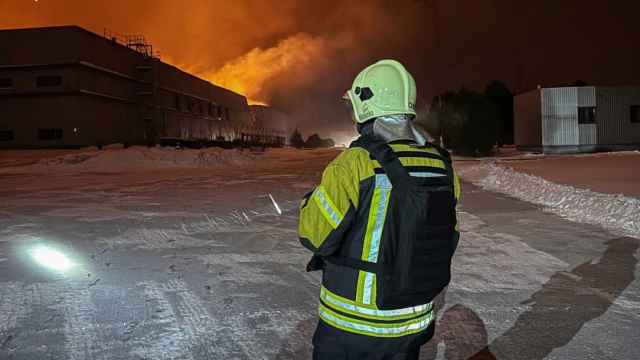ST. PETERSBURG — FIFA has asked the Russian Football Union to explain the latest high-profile incident of racism that saw a Ghanaian player banned for two matches for his reaction to fan abuse and the alleged abusers' team escape action.
In video from Friday's Russian Premier League game, Spartak Moscow fans could be heard racially taunting FC Ufa midfielder Emmanuel Frimpong. The former Arsenal player, who posted a video of the incident on social media, is black.
Reacting with a finger gesture to the fans led to Frimpong being banned for two games, while Spartak escaped punishment over the latest racism incident to blight Russian football ahead of the 2018 World Cup. The RFU found no evidence of racism.
But FIFA sustainability head Federico Addiechi, whose brief covers racism issues, said Thursday that the Russians have been given until Tuesday to respond to the governing body's disciplinary department after asking for details before sanctions are imposed on Wednesday.
Addiechi said he is waiting to see if "the evidence used to make the decision … that we can see clearly on the Internet has been taken into consideration."
"We don't have a direct responsibility for what's happening in the Russian league," Addiechi said in St. Petersburg. "But if the Russian Football Union are in need of our support, and I think they are, then we can provide certain support."
St. Petersburg on Saturday hosts the qualifying draw for the World Cup, which has increased the spotlight on the country's struggle eradicating racism from football matches.
"It is up to us as the organizers of this event to make sure this event is welcoming everyone, it is safe for everyone — not just for the players and participants but also for the fans," Addiechi said.
"It would be naive and first of all too arrogant for us to come here and say we are going to educate Russia. We are in no position to do that, we don't need to do that, we have no moral statute to do that either."
Racism is not a new concern for Russian football. In December 2010, within hours of winning the FIFA vote to host its first World Cup, Russian leader Vladimir Putin said on football racism: "We see it and we believe it is a problem.
In February, football anti-discrimination group FARE documented more than 200 incidents of racist and discriminatory behavior linked to Russian football over two seasons.
Russia has "no clear understanding what racism is," according to Yury Boychenko, who heads the anti-discrimination section of the United Nations Human Rights Office of the High Commissioner.
"It is not black and white only, racism and racial discrimination is about the issue of ethnicities, religious affiliation, culture and language," Boychenko, said at the same news conference as Addiechi.
A Message from The Moscow Times:
Dear readers,
We are facing unprecedented challenges. Russia's Prosecutor General's Office has designated The Moscow Times as an "undesirable" organization, criminalizing our work and putting our staff at risk of prosecution. This follows our earlier unjust labeling as a "foreign agent."
These actions are direct attempts to silence independent journalism in Russia. The authorities claim our work "discredits the decisions of the Russian leadership." We see things differently: we strive to provide accurate, unbiased reporting on Russia.
We, the journalists of The Moscow Times, refuse to be silenced. But to continue our work, we need your help.
Your support, no matter how small, makes a world of difference. If you can, please support us monthly starting from just $2. It's quick to set up, and every contribution makes a significant impact.
By supporting The Moscow Times, you're defending open, independent journalism in the face of repression. Thank you for standing with us.
Remind me later.






